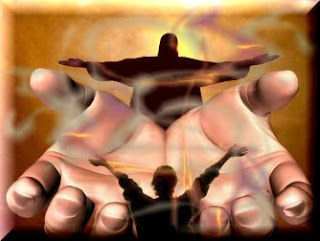Come gather ’round people
Wherever you roam
And admit that the waters
Around you have grown
And accept it that soon
You’ll be drenched to the bone
If your time to you is worth savin’
Then you better start swimmin’ or you’ll sink like a stone
For the times they are a-changin’
From Bob Dylan "The Times Are A Changin'" Copyright © 1963, 1964 by Warner Bros. Inc.; renewed 1991, 1992 by Special Rider Music
Western society has undergone dramatic changes in the past 50 years. Human rights have finally been granted to oppressed groups such as women, people of colour and homosexuals to name but a few groups. There is still a long way to go even within those groups as many areas are still denied them and prejudice is still alive an well on planet Earth.
Wherever you roam
And admit that the waters
Around you have grown
And accept it that soon
You’ll be drenched to the bone
If your time to you is worth savin’
Then you better start swimmin’ or you’ll sink like a stone
For the times they are a-changin’
From Bob Dylan "The Times Are A Changin'" Copyright © 1963, 1964 by Warner Bros. Inc.; renewed 1991, 1992 by Special Rider Music
Western society has undergone dramatic changes in the past 50 years. Human rights have finally been granted to oppressed groups such as women, people of colour and homosexuals to name but a few groups. There is still a long way to go even within those groups as many areas are still denied them and prejudice is still alive an well on planet Earth.
Christianity has always lagged behind what has happened in society and is now currently feeling the changes that were made in the 60s. People are questioning their faith and the validity of their religion like no other previous time. The renewed search for the historic Jesus and the Jesus Seminar should be congratulated for bringing what was known about Jesus out of the universities and into public discourse. Biblical scholars such as Bart Ehrman and Dale Martin are now accessible to the masses through the miracle of the internet. Never before has so much information been available to the average person.
In reaction, Christians are becoming more intolerant of other points of view. Churches are hotbeds of both Islamophobia and homophobia. Despite a few attempts at bettering Christianity change has failed and Christians remain firmly embedded in 19th century dogma. The Emergent Church turned out to be not much more than nice evanglicals. Interchurch dialaogue happens in a few places but doesn't change the participants. Eucemenical get togethers focus only on shared meanings. The church is resisting chhange. While some women clergy are allowed in some churces it is far from being universal.
The church has no-one to blame except themselves for the continuing decline in church attendance worldwide. The church service is irrelevant to the needs of most contemporary people savvy in computer technology where they can find information faster and in a format that they want. Time poor people don't want to waste time singing Jesus Jingles in church and paying tithes, offerings and love gifts for the privilege. Christians don't want to know why people are not attending their church services. In Australia only those within church are ever surveyed about their thoughts on church in the National Church Life Survey performed every 5 years. It also does not include all Christian denominations.
I am confident that the Australian 2011 census will show a decrease in Christian belief from previous years. The waters are gathering and growing around Christianity. Christians will soon be drenched to the bone. Meantime they just rearrange the deck chairs on the Titanic.








